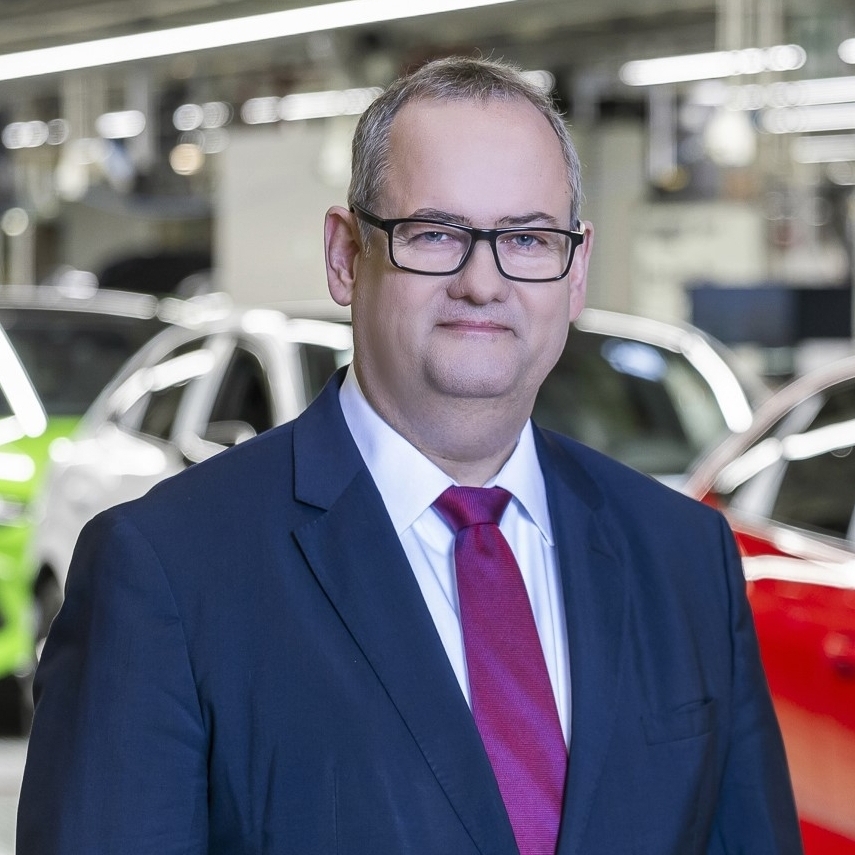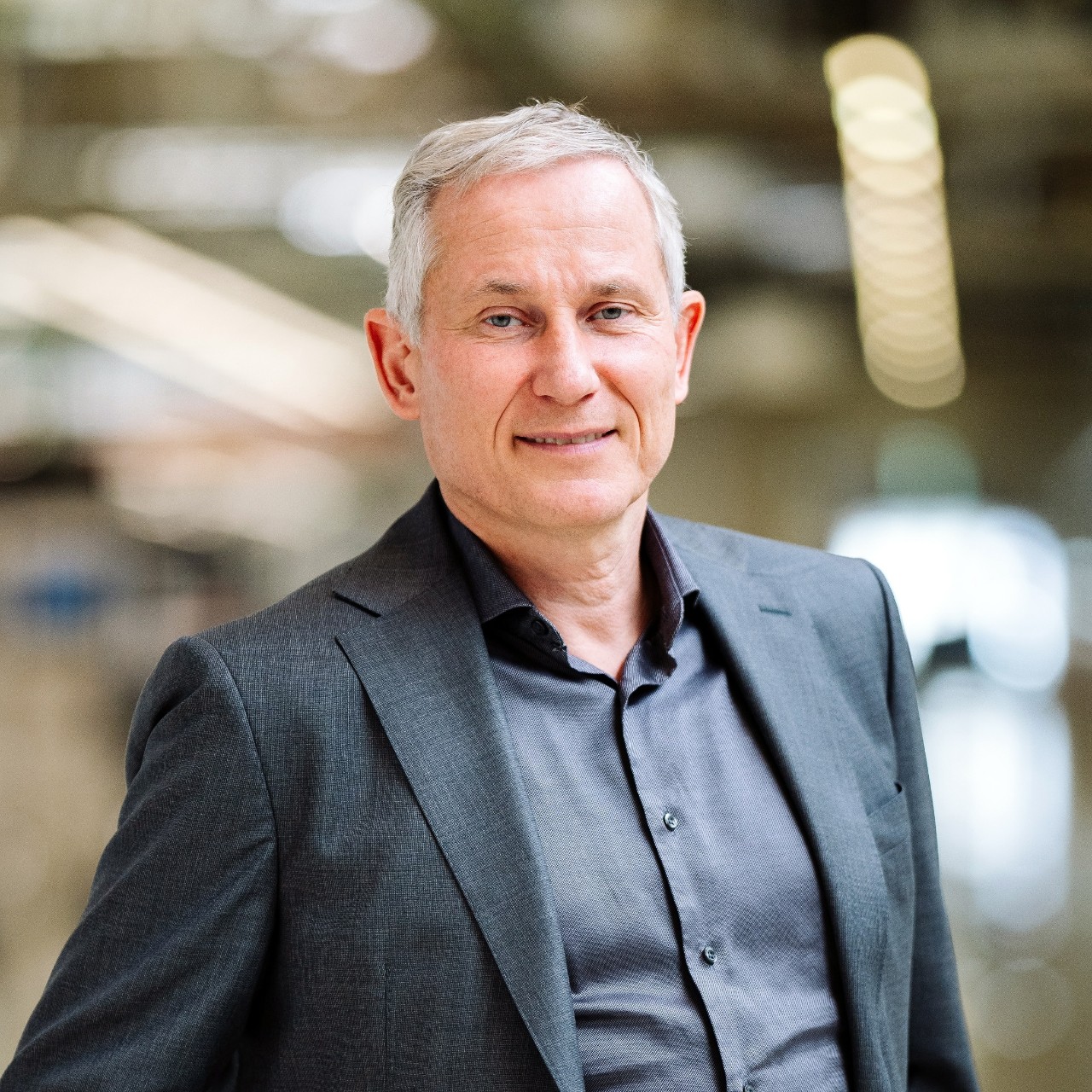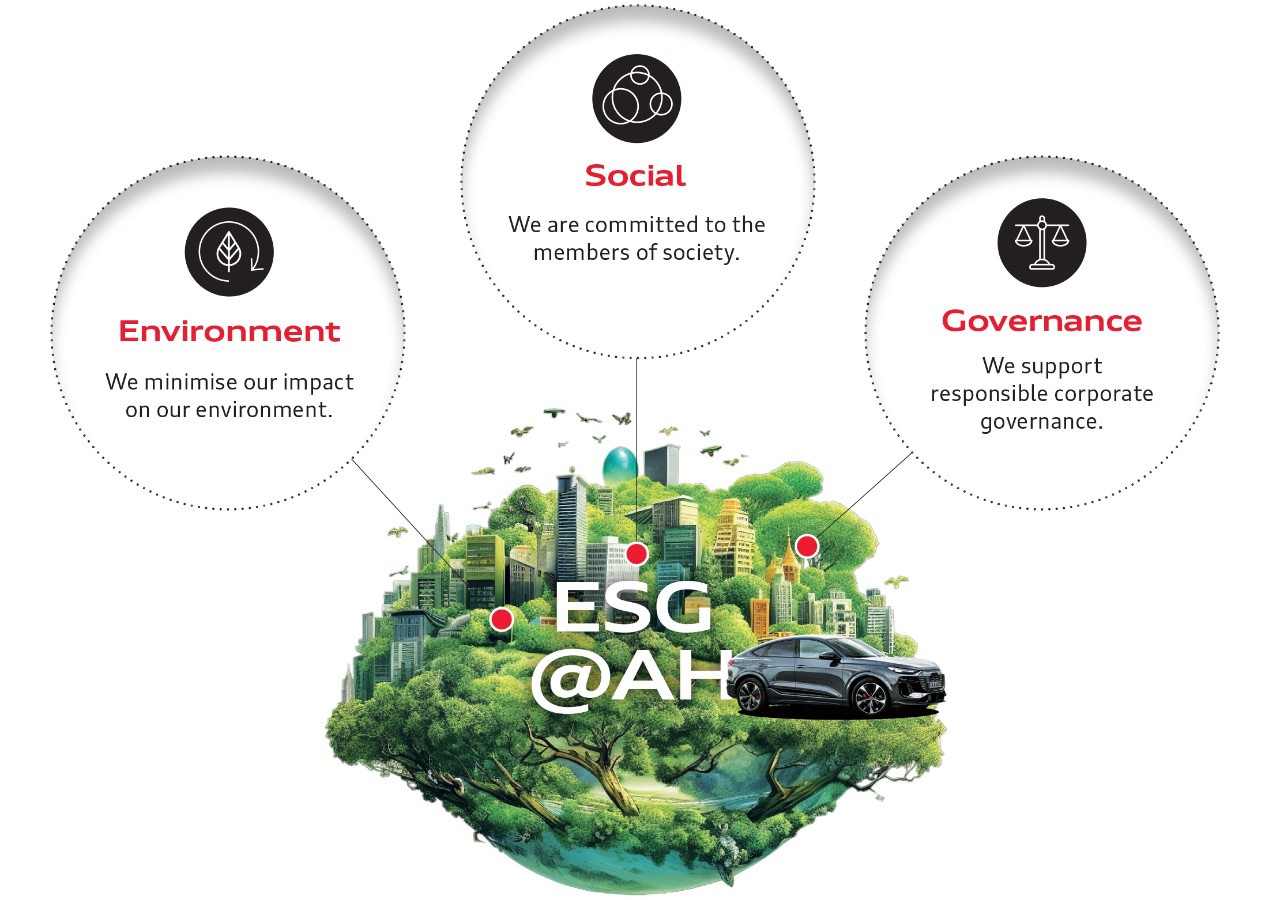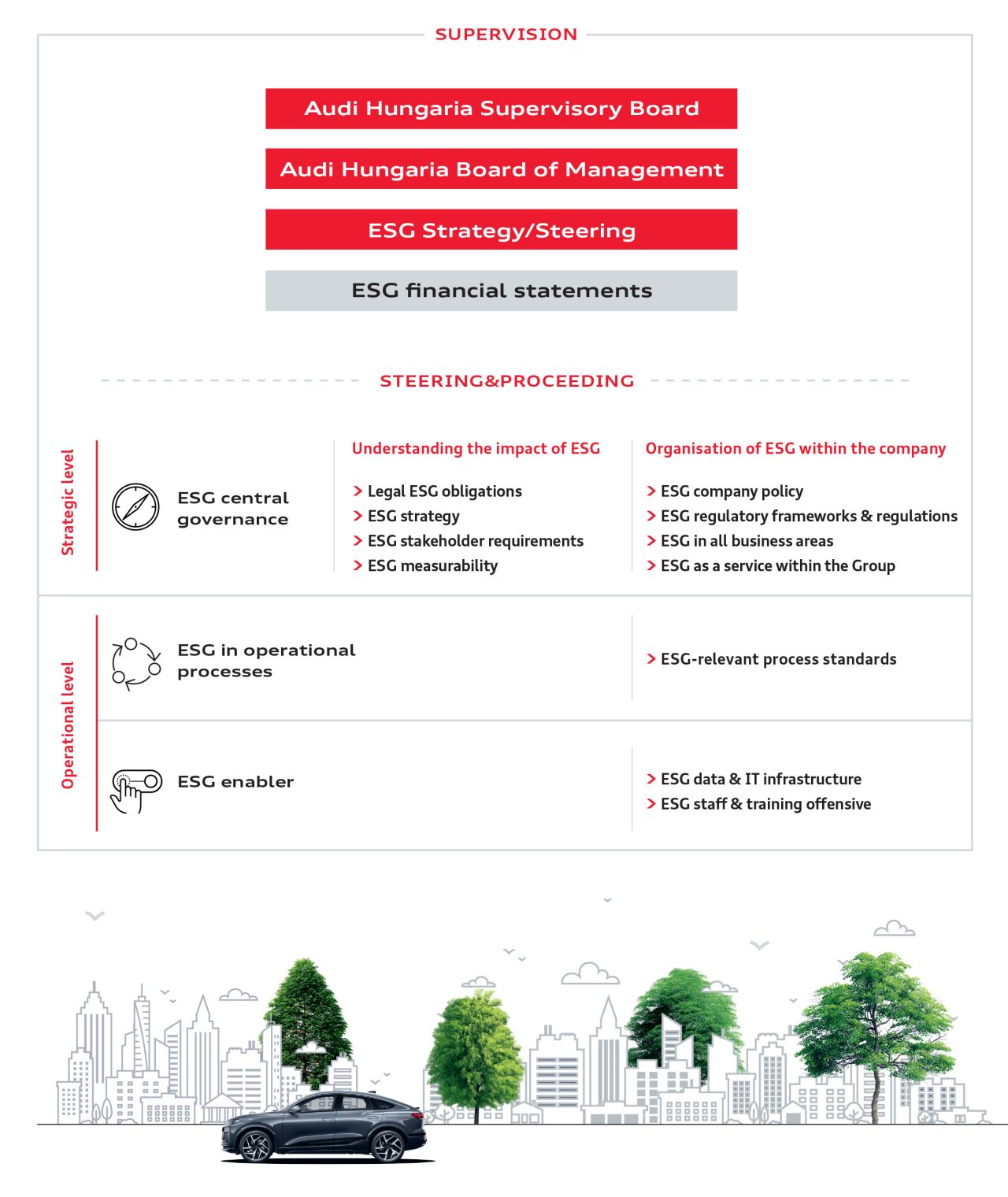ESG at Audi Hungaria
ESG, which stands for environmental, social and governance, is a framework for objectively assessing the sustainability performance of companies. The relevant parameters show how environmentally friendly and socially committed a company is, how well it is managed and how it will develop. ESG is of strategic importance to Audi Hungaria and therefore a key element of our strategy.
00:00
01:35
Why ESG is important to us?
 "At Audi Hungaria, we live responsibility: for the environment, for our employees, for society, for our partners and customers. This is why we are particularly committed to the topic of ESG, which also shapes our entrepreneurial action. For this reason, we have also clearly anchored ESG in our strategy. In this way, we are consistently following the path to a more liveable world. We work every day to reduce our environmental footprint, fulfill our responsibility to our stakeholders and set standards in corporate governance. We are well on our way and are working tirelessly to make a positive contribution." Michael Breme, Chairman of the Board
"At Audi Hungaria, we live responsibility: for the environment, for our employees, for society, for our partners and customers. This is why we are particularly committed to the topic of ESG, which also shapes our entrepreneurial action. For this reason, we have also clearly anchored ESG in our strategy. In this way, we are consistently following the path to a more liveable world. We work every day to reduce our environmental footprint, fulfill our responsibility to our stakeholders and set standards in corporate governance. We are well on our way and are working tirelessly to make a positive contribution." Michael Breme, Chairman of the Board
 “We are a responsible employer. The key to our sustainable success is our Audi Hungaria team. We promote the continuous development of our employees and the development of their skills so that we can achieve our goals together. We attach great importance to ensuring that our employees maintain their holistic health in the long term. With our employees, we make a strong contribution to society through volunteer work, donations, cultural, sports and social sponsoring activities. Audi Hungaria's networks combine our expertise, helpfulness and sense of responsibility on a regional and international level." Kinga Németh, Board member for Human resources and organisation
“We are a responsible employer. The key to our sustainable success is our Audi Hungaria team. We promote the continuous development of our employees and the development of their skills so that we can achieve our goals together. We attach great importance to ensuring that our employees maintain their holistic health in the long term. With our employees, we make a strong contribution to society through volunteer work, donations, cultural, sports and social sponsoring activities. Audi Hungaria's networks combine our expertise, helpfulness and sense of responsibility on a regional and international level." Kinga Németh, Board member for Human resources and organisation
 "Our company is committed to the highest standards of corporate governance and recognizes its central role in our ESG framework. Governance forms the foundation of our business activities and is the basis for our decisions. By adhering to sound governance principles, we ensure long-term value creation, strengthen the trust of our stakeholders and ensure transparent and ethical decision-making and promote sustainable growth while having a positive impact on society and the environment." Achim Grewe, Member of the Board of Management for Finance, IT, Procurement and Compliance
"Our company is committed to the highest standards of corporate governance and recognizes its central role in our ESG framework. Governance forms the foundation of our business activities and is the basis for our decisions. By adhering to sound governance principles, we ensure long-term value creation, strengthen the trust of our stakeholders and ensure transparent and ethical decision-making and promote sustainable growth while having a positive impact on society and the environment." Achim Grewe, Member of the Board of Management for Finance, IT, Procurement and Compliance
Our ESG strategy
 Audi Hungaria has clearly integrated ESG into its overall corporate strategy. The strategic goal of "taking responsibility for the ecological and social environment " relates to all ESG dimensions and underlines the forward-looking importance of this key issue not only for the company, but also for all responsible managers. It sets the direction for future management target agreements and business unit targets. In 2024, Audi Hungaria demonstrated its commitment in numerous ESG activities and launched forward-looking Next Level Initiatives in all ESG dimensions.
Audi Hungaria has clearly integrated ESG into its overall corporate strategy. The strategic goal of "taking responsibility for the ecological and social environment " relates to all ESG dimensions and underlines the forward-looking importance of this key issue not only for the company, but also for all responsible managers. It sets the direction for future management target agreements and business unit targets. In 2024, Audi Hungaria demonstrated its commitment in numerous ESG activities and launched forward-looking Next Level Initiatives in all ESG dimensions.
Our ESG organisation
 Audi Hungaria has an ESG steering model for long-term strategic objectives. We have implemented a clear organizational and procedural roadmap for the consistent strategic and operational continuation and intensification of our ESG commitment. Several specialized departments within the company deal with sustainability issues in all ESG dimensions. Since 2022 , ESG has been bundled as a strategic field of action. In 2024, a separate organizational unit was also created for the ESG strategy and management within the corporate strategy.
Audi Hungaria has an ESG steering model for long-term strategic objectives. We have implemented a clear organizational and procedural roadmap for the consistent strategic and operational continuation and intensification of our ESG commitment. Several specialized departments within the company deal with sustainability issues in all ESG dimensions. Since 2022 , ESG has been bundled as a strategic field of action. In 2024, a separate organizational unit was also created for the ESG strategy and management within the corporate strategy.
You can find more information about ESG at Audi Hungaria here: